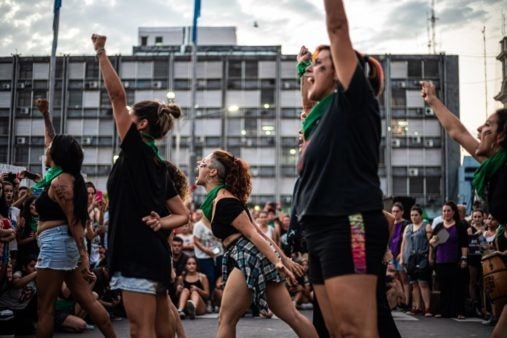
On International Women's Day, March 8, thousands of women, including journalists, took to the streets in the main cities of Mexico, Brazil, Argentina and Chile.
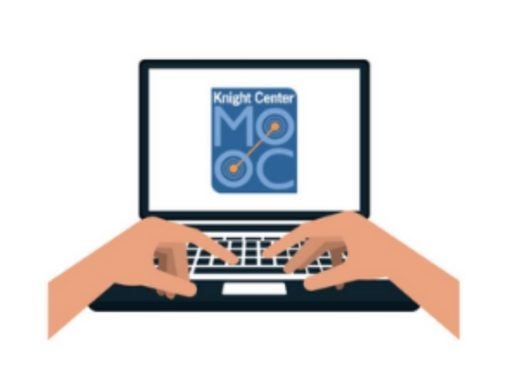
A new course from the Knight Center for Journalism in the Americas, in partnership with the International Women’s Media Foundation, will provide strategies and tips for covering different genders and identities.
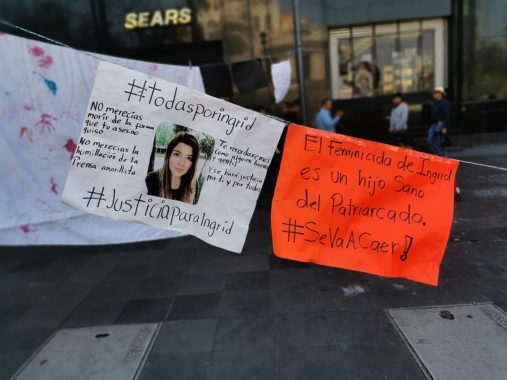
Ingrid Escamilla, 25, was brutally murdered in the Mexico City neighborhood of Vallejo on Feb. 9 and her body mutilated. Her remains were published the following day on the covers of newspaper La Prensa and tabloid Pásala, the latter with the headline “La culpa la tuvo Cupido” (It was Cupid’s fault).
Folha de S. Paulo journalist Patrícia Campos Mello was once again the target of a series of attacks on her reputation on Feb. 11, after the testimony of a witness to the Joint Parliamentary Commission of Inquiry.

Journalists Isabela Ponce and María Sol Borja, from the Ecuadorian website GK, developed a digital platform called Voces Expertas, to bring together women experts with the aim of increasing the presence of women among journalistic sources in Latin America. Any woman can register with the system, which has been receiving applications for three weeks and is due to launch in […]

Guatemalan journalist Martín Rodríguez Pellecer, founder and director of the site Nómada, is being accused of sexually harassing at least five women, according to an investigation by journalist Catalina Ruiz-Navarro. All are young journalists, and three of them allegedly are former employees of the site founded by Rodríguez Pellecer in 2014. He denies the accusations and has stepped down as director of Nómada while an investigation into the case is under way.
This October, the Knight Center for Journalism in the Americas asked the journalism community to share some words about women journalists working in Latin America whom they admire. It was part of the third year of the #JournoHeroes campaign led by the International Women's Media Foundation (IWMF). “Female journalists today face unprecedented hardships for simply speaking truth […]
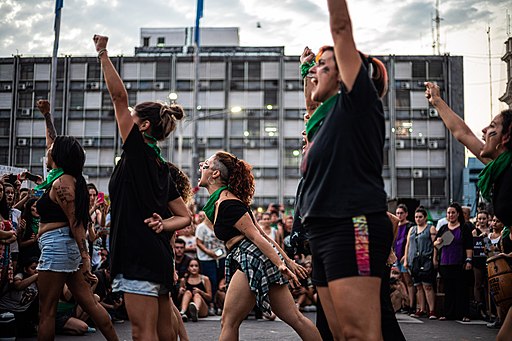
After a journalist covering Chile’s recent national celebrations was the subject of unsolicited touching and kissing while on camera, 181 journalists signed a letter expressing their firm rejection of sexual harassment and discrimination against female journalists
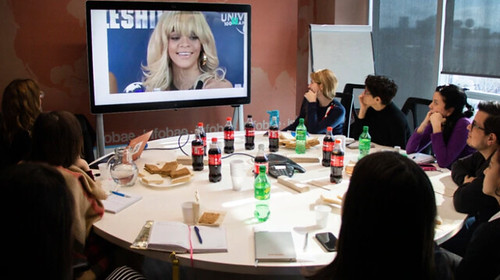
A new role is emerging in newsrooms in Latin America and abroad as women’s movements like #NiUnaMenos and #MeToo take hold across the world.
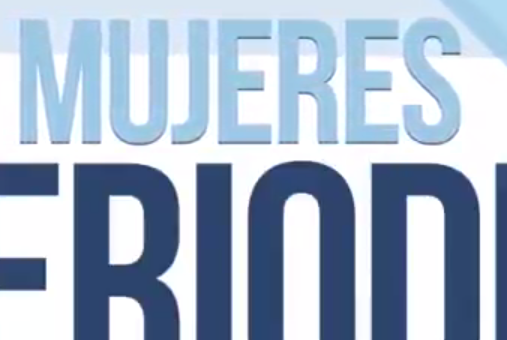
In Argentina, 72 percent of women journalists recently surveyed believe that women have less opportunities for growth than men in media companies. Seventy-seven percent believe that, in journalism, women do not earn the same amount as men for doing the same job.